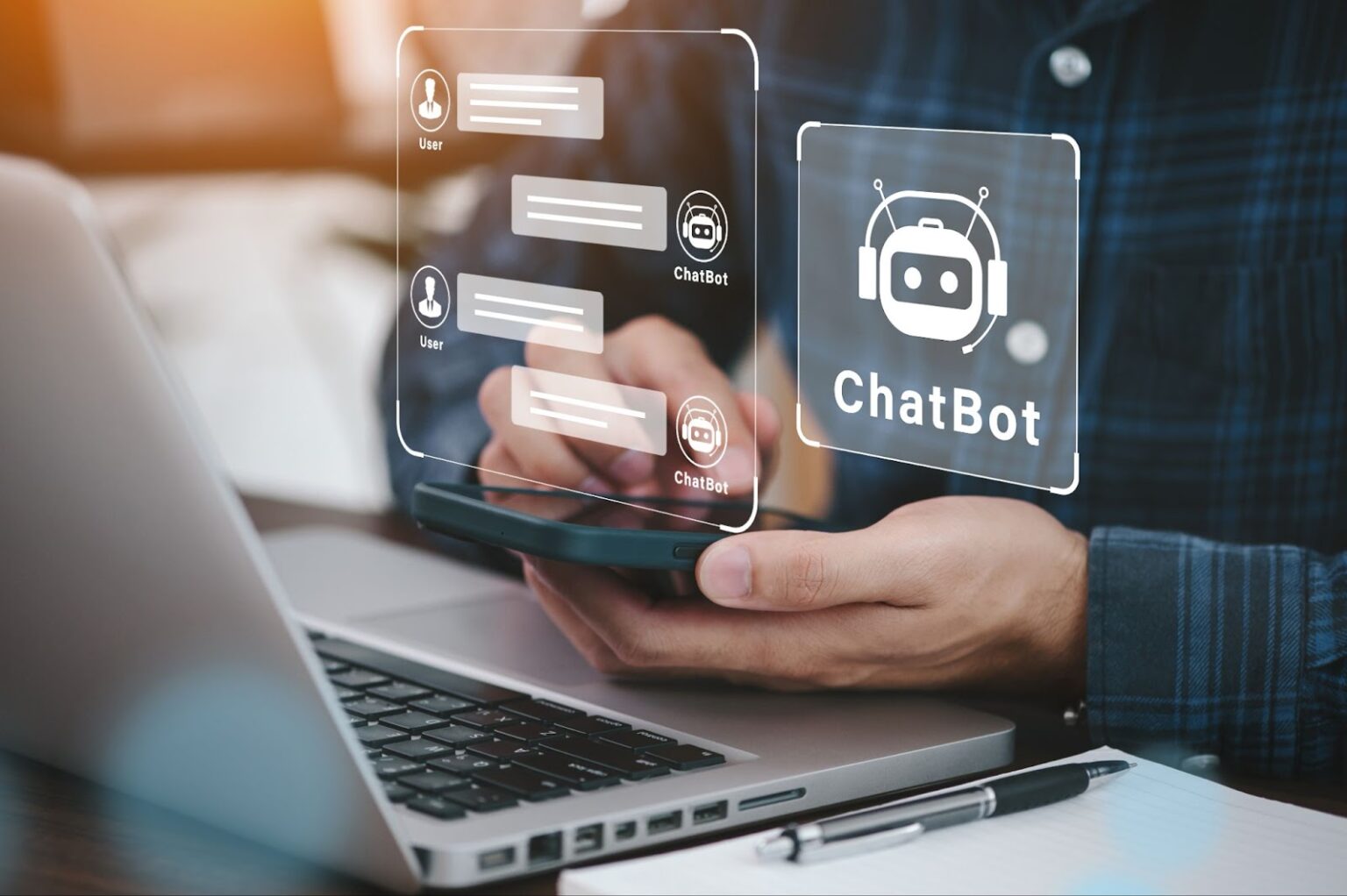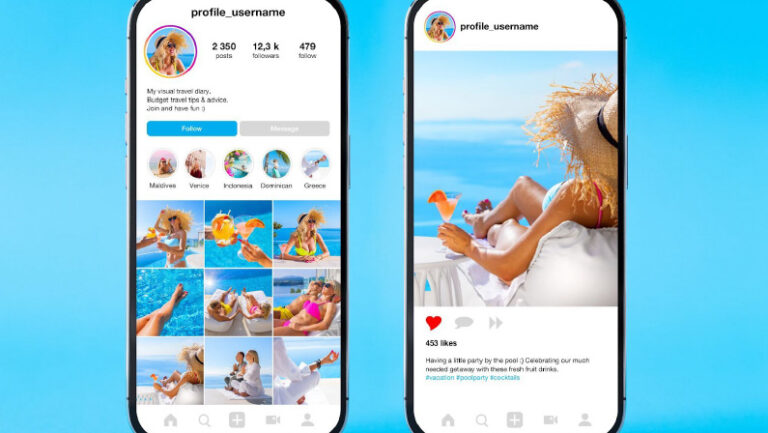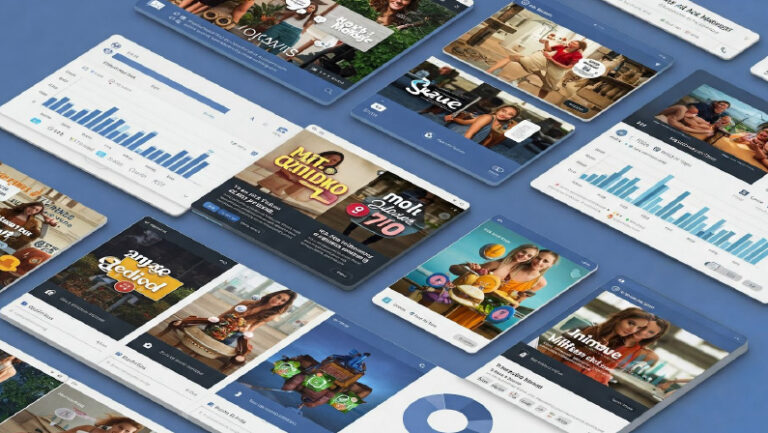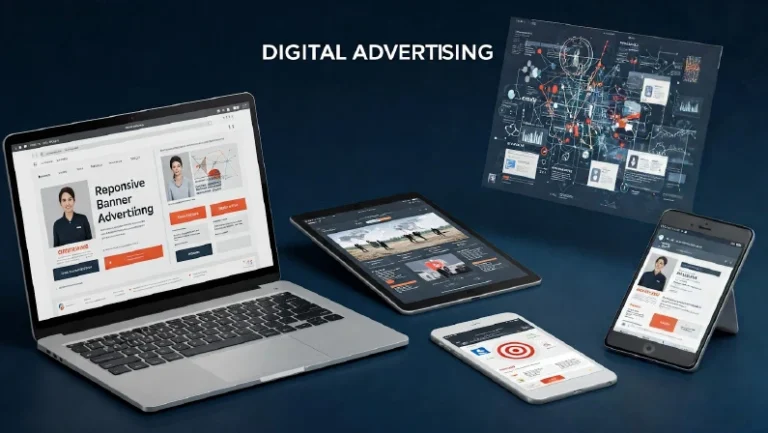Businesses today are constantly looking for ways to improve customer engagement, automate interactions, and increase sales efficiency. With the rise of artificial intelligence, chatbots have become a powerful tool in digital marketing strategies.
From answering customer inquiries to generating leads and personalizing user experiences, chatbots are transforming the way businesses interact with their audiences. But how do chatbots work in marketing, and what benefits do they offer? Let’s explore how to use chatbots for marketing, and how this technology is reshaping modern marketing strategies.
What Are Chatbots and How Do They Work in Marketing?
Chatbots are AI-powered tools that simulate human conversations, allowing businesses to interact with customers in real time. These chatbots can be programmed to answer questions, provide product recommendations, collect customer data, and even facilitate transactions.
Chatbots work through natural language processing (NLP) and machine learning algorithms to understand user intent and respond accurately. They can function via messaging apps, websites, and social media platforms, making them a seamless addition to a company’s marketing efforts.
Marketers use chatbots to automate customer service, marketing campaigns, and sales interactions, allowing businesses to engage with their audience 24/7 while reducing operational costs.
How Can Chatbots Improve Customer Engagement?
Engaging customers is crucial for any business, and chatbots help by providing instant responses and personalized interactions. Unlike traditional customer service, chatbots don’t require users to wait for human representatives, ensuring faster and more efficient communication.
Chatbots can also initiate conversations, guiding customers through a website or social media page and offering product suggestions based on their preferences. By keeping users engaged, chatbots help increase conversion rates and customer satisfaction.
Additionally, interactive chatbot experiences, such as quizzes and recommendations, keep users interested while gathering valuable data about their preferences and behaviors.
What Are the Key Benefits of Using Chatbots for Marketing?
Businesses that leverage chatbots for marketing gain several competitive advantages.
Some key benefits include:
24/7 Availability
Unlike human agents, chatbots operate around the clock, ensuring customers always receive prompt assistance.
Cost Savings
Automating customer interactions reduces the need for large customer support teams, cutting operational costs.
Increased Efficiency
Chatbots handle multiple conversations at once, eliminating long wait times.
Lead Nurturing
Chatbots help qualify leads by collecting essential customer data and guiding users through the sales funnel.
Higher Engagement Rates
By responding quickly and offering relevant suggestions, chatbots enhance the customer experience.
When used strategically, chatbots can become one of the most valuable tools in a digital marketing strategy.
Can Chatbots Be Used for Lead Generation and Sales?
Yes, chatbots are powerful tools for lead generation and sales conversion. They can capture customer information, qualify leads, and even complete transactions within a chat interface.
For example, a chatbot for digital marketing can ask potential customers about their preferences and recommend the best products or services based on their responses. This level of personalization helps increase conversions by directing users to the right solutions.
Chatbots can also automate follow-ups, sending reminders, promotional offers, or product updates to nurture leads over time. By integrating chatbots with CRM systems, businesses can track leads and measure chatbot-driven conversions.
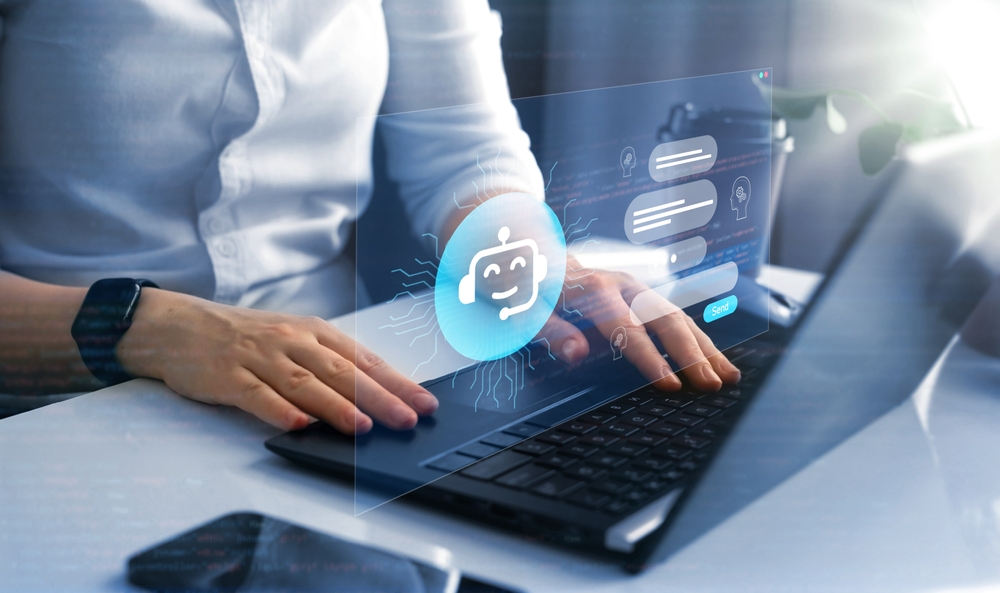
What Are Some Common Use Cases for Chatbots in Marketing?
Chatbots have become a powerful tool for businesses looking to automate customer interactions, improve engagement, and streamline marketing efforts. They work 24/7, providing instant responses, personalized recommendations, and real-time assistance, which helps businesses enhance customer experiences and increase conversions.
1. Customer Support
One of the most common chatbot applications is customer service automation. Chatbots can answer frequently asked questions, guide users through troubleshooting steps, and provide order tracking updates. By handling routine inquiries, chatbots free up human agents to focus on more complex customer needs, leading to faster response times and improved customer satisfaction.
2. E-Commerce Assistance
Chatbots play a significant role in helping online shoppers make informed purchase decisions.
They can:
- Suggest products based on browsing history and preferences.
- Provide real-time inventory updates to prevent purchase frustrations.
- Assist with the checkout process, making it easier for customers to complete their purchases.
3. Lead Generation & Qualification
Chatbots are valuable for capturing and qualifying leads.
They can:
- Collect customer details such as names, email addresses, and preferences.
- Ask pre-qualifying questions to determine a lead’s level of interest.
- Send collected data to sales teams for personalized follow-ups.
4. Appointment Scheduling
Businesses that rely on scheduled services—such as salons, medical clinics, fitness centers, and consulting firms—can use chatbots to allow customers to book appointments effortlessly.
Instead of calling or filling out lengthy forms, users can interact with a chatbot that:
- Shows available time slots.
- Confirms appointments instantly.
- Sends automated reminders to reduce no-shows.
5. Event Promotion & Reminders
Chatbots are excellent tools for event marketing, helping businesses manage promotions, invitations, and reminders.
They can:
- Send event invitations through websites, email, and social media.
- Provide real-time updates, schedules, and details about an event.
- Follow up with attendees post-event for feedback and engagement.
6. Social Media Engagement
Social media chatbots can enhance brand interaction by:
- Responding to customer inquiries instantly.
- Handling promotions, giveaways, and contests.
- Providing personalized recommendations through platforms like Facebook Messenger, Instagram, and WhatsApp.
How Can Chatbots Personalize Marketing Efforts?
Chatbots make personalization possible by analyzing customer interactions and delivering tailored experiences.
A chatbot for market research can gather insights about user behavior, preferences, and interests. Using this data, businesses can recommend products, send personalized offers, and even create targeted marketing campaigns. The best way to do this is by setting up your chatbot with the best chatbot prompts for marketing.
Chatbots can also remember past interactions, so you can be sure that returning customers receive responses tailored to their previous inquiries. This enhanced personalization builds customer loyalty and increases conversion rates.
Are Chatbots Effective for Customer Support?
Absolutely. Many businesses implement chatbots as the first point of contact for customer support, handling frequently asked questions, troubleshooting, and general inquiries.
Chatbots reduce response times and alleviate pressure on human customer service teams, allowing them to focus on more complex issues. Some advanced chatbots even use AI to detect customer sentiment, escalating issues to human representatives when necessary.
What Are the Challenges of Using Chatbots in Marketing?
While chatbots offer numerous benefits, they also come with challenges that businesses need to address.
One major challenge is creating chatbot responses that feel natural and human-like. Poorly designed chatbots can lead to frustrating user experiences, especially if they fail to understand complex queries.
Another challenge is balancing automation with human interaction. While chatbots can handle routine questions, customers may still prefer speaking with a human for more personalized or emotionally sensitive interactions.
To make the most out of your marketing investments, businesses must ensure that chatbots align with their branding and marketing goals. Regular updates and testing are necessary to refine chatbot responses and improve engagement.

How Do You Choose the Right Chatbot for Your Marketing Strategy?
Selecting the right chatbot for digital marketing depends on your business needs and goals.
Businesses should consider the following factors when implementing a chatbot strategy:
- Purpose: Determine whether you need a chatbot for lead generation, customer support, or sales automation.
- AI Capabilities: Choose between rule-based chatbots (with pre-set responses) and AI-powered chatbots (which learn from interactions).
- Integration: Ensure the chatbot can integrate with CRM systems, email marketing tools, and social media platforms.
- Customization: Look for chatbots that allow businesses to personalize responses, branding, and user experiences.
- Analytics: Choose a chatbot with tracking and reporting features to measure engagement and effectiveness.
Boost Your Marketing Strategy with AI-Powered Chatbots
A well-implemented chatbot can enhance customer experience, streamline operations, and boost sales, making it a valuable addition to any digital marketing strategy.
Are you ready to increase lead generation, automate customer support, or personalize user experiences? A chatbot can help you enhance communication and drive conversions.
For businesses looking to integrate AI-powered chatbots into their marketing strategy, partnering with an expert can make all the difference. LeadOrigin, a digital marketing agency in Dallas, specializes in custom AI chatbot solutions designed to level up customer interactions and business growth.
Explore their custom chatbot services and discover how AI can transform your marketing efforts. Visit LeadOrigin today to supercharge your digital marketing strategy with advanced chatbot technology.
